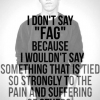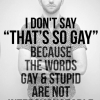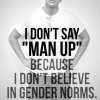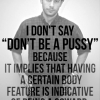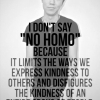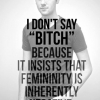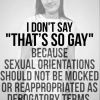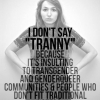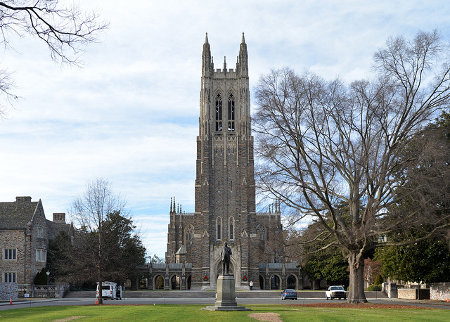First It’s I Don’t Say
Two student organizations at Duke University, Think Before You Talk and Blue Devils United, have started a campaign to get fellow students to self-censor themselves so as to not offend certain protected minorities.
As you’ll note, each image includes the starting phrase, “I Don’t Say.” Yet, the campaign’s name is far more honest, “You don’t say.” That’s both telling and important because such cultural pogroms, when enacted in what now passes for academic environments invariable move from “I don’t” to “You don’t say…or else.” It never stays voluntary self-censorship or, at least is hasn’t so far.
First it will shift into peer pressure against- and ostracization of students who do not chose to self-censor their speech. This would, under the current (mis)definitions of the term, be considered “bullying” if it weren’t being applied against the normative majority.
Then it will expand to protests against any student organization or club that are deemed by the “faithful” to have a tendency towards nonconformity to the new speech code.
After that, it will expand further into protests against faculty and curricula that do not overtly support the politically correct “newspeak.”
Finally, it will move into the political arena and, as a result of protests, “studies,” and the like attempt to coerce the government into basing funding of universities upon their compliance with fostering the use and enforcement of the new speech codes.
To any who claim this is merely a hysterical “slippery slope” argument I say that there is no better predictor of the future than the past and the past, in the form of racial appeasement and affirmative action, has shown that this downward slope is the one that is followed in what passes for academia in the US.
First it’s “I don’t say.” Then it’s “You don’t say…or else.”
Tags: America | Censorship | College | Duke University | Education | Free Speech | Liberals | Political Correctness | Politics | Progressives | Society
